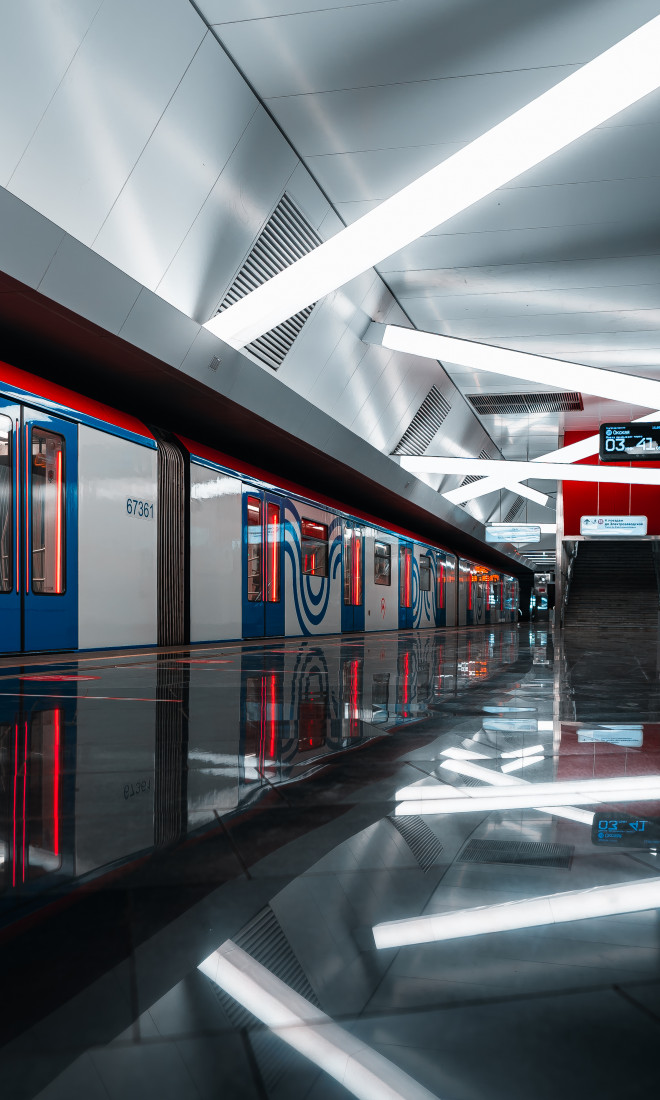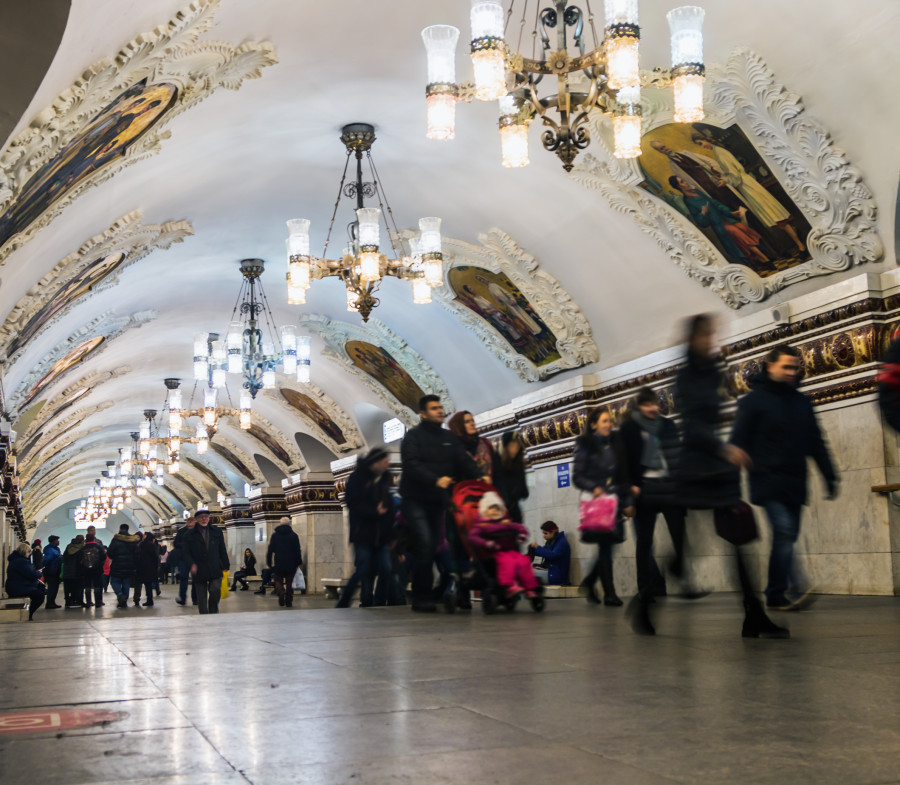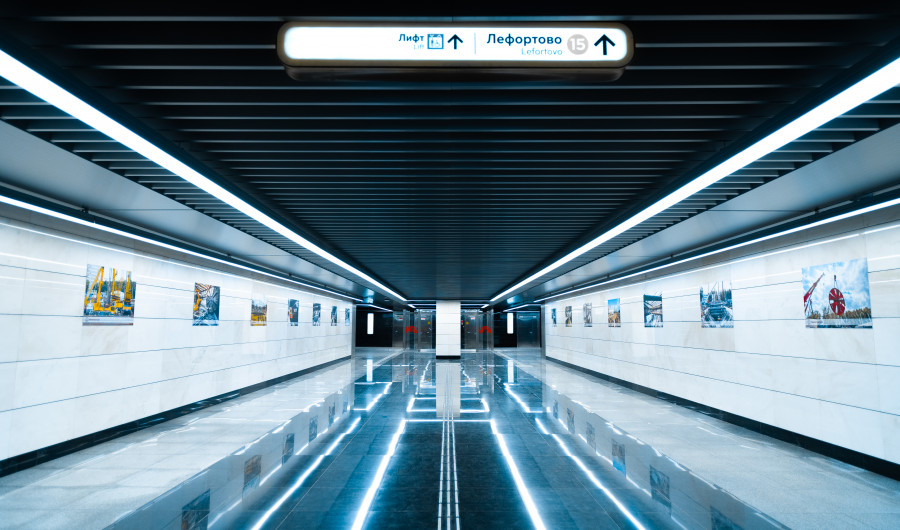Metro in Moscow
Introduction
Metros are very often the fastest and most energy-efficient way to get around a city. They run on electricity and can easily be powered by renewable energy sources. With lines circulating on segregated infrastructure, metros avoid traffic jams and can transport large amounts of people, making them the backbone of many cities.
Length of public transport routes
468.5 km
Compare dataCovid-19 ridership fall
80.9 %
Average daily ridership during a work day
6,600,000
Compare data
Number of public transport stops
272
Compare dataPublic transport ridership
1,618,200,000 Journeys
Compare data
Schedule compliance/punctuality
99.9 %
Average headway during peak times
2 min
Compare dataCovid-19 change in service - VKM
100 %
Fleet of public transport vehicles
7,850
Compare dataVehicle-kilometres in operations
972,800,000
Compare dataLength of dedicated PT operational infrastructure
this is a test
468.5 km Per M inhabitants
Compare data
Dedicated Wi-Fi in PT vehicles
Yes
Compare dataAverage daily ridership during a work day
6,600,000
Compare dataNumber of Metro routes
This indicator records the number of lines in metro network. When two or more lines share the same infrastructure, the line is counted only once; branch lines are considered when the branch infrastructure is proportionately relevant with regards to the length of the full line.
17
Compare data